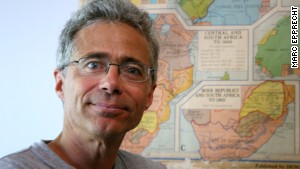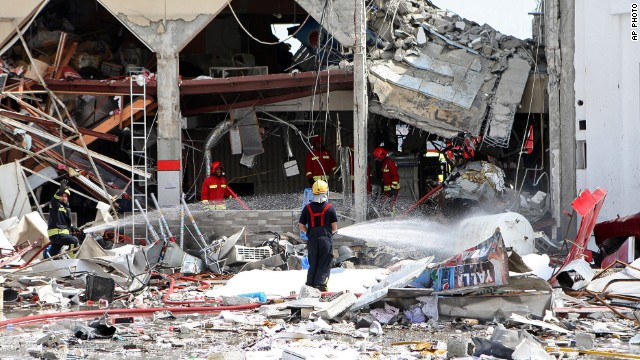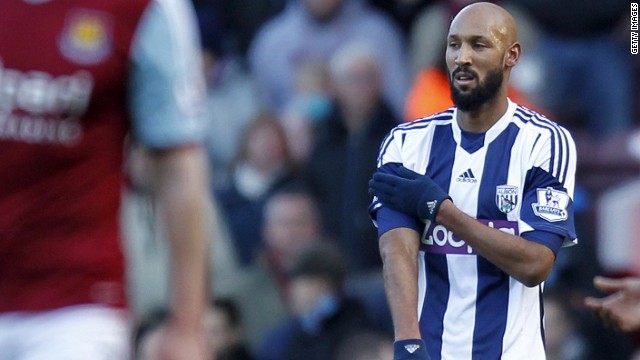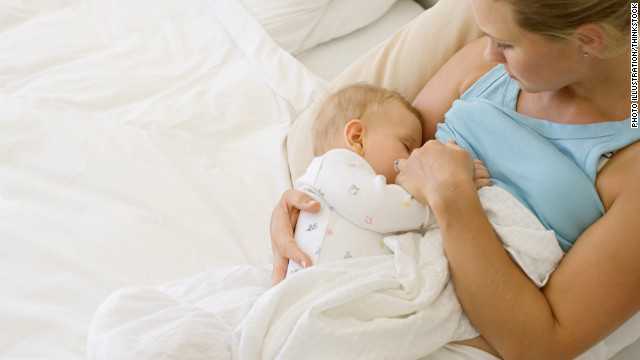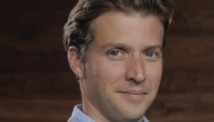Fast and easy to use iPad POS. Use in store or on the go. Try it free. From our sponsors |
| CNN.com - Top Stories |
| CNN.com delivers up-to-the-minute news and information on the latest top stories, weather, entertainment, politics and more. |
Ukraine accuses Russia of staging 'armed invasion'
2/28/2014 8:47:29 AM
- NEW: Ukraine's interior minister accuses Russia of staging an "armed invasion" in the Crimea
- Ousted Ukraine leader Viktor Yanukovych set to give news conference Friday in Russia
- Armed men stand guard outside main airport in Ukraine's southern Crimea region
- "We are checking to make sure that no radicals come to Crimea from Kiev," one man says
Have you witnessed the protests in Ukraine? Share your experiences, but please stay safe.
Simferopol, Ukraine (CNN) -- Armed men in green camouflage uniforms stood guard outside the main airport in Ukraine's southern region of Crimea on Friday, but reports conflicted on whether they had taken control of the facility.
Ukraine's Interior Minister Arsen Avakov accused Russian forces of staging an "armed invasion" in the Black Sea peninsula, claiming they had blocked one military air base and entered an airport overnight.
Avakov, writing on his Facebook page, said Russia's actions in Crimea were "an armed invasion and occupation," and "a direct military provocation on sovereign Ukrainian territory."
But it's still not clear who the armed men are.
"We are checking to make sure that no radicals come to Crimea from Kiev, from the Ukraine," said one man, who didn't give his name.
"We don't want radicals, we don't want fascism, we don't want problems."
Since President Viktor Yanukovych was ousted Saturday, Ukraine has been showing a deepening schism.
Those in the west generally support the country's interim government and its tilt toward the European Union.
And many in the east prefer things as they were -- a Ukraine where its larger neighbor, Russia, casts a long shadow.
And nowhere is that feeling more intense than in Crimea, a Black Sea peninsula with an ethnic Russian majority. It's the last big bastion of opposition to the new political leadership. And there are fears that tensions in the autonomous region might escalate into a bid for separation by its Russian majority.
Voting out the premier
On Thursday, dozens of armed men seized government administration buildings in Simferopol, the Crimean capital. They planted Russia's flag atop the parliament building.
Then, in a vote of no-confidence, pro-Russian members of the Crimean parliament dismissed the government of Premier Anatolii Mohyliov, who was perceived as pro-Kiev.
The lawmakers also scheduled a referendum on greater autonomy for the region within Ukrainian territory.
The date of the referendum? May 25 -- the day Ukraine is scheduled to hold its presidential elections.
Crimea was handed to Ukraine by the Soviet Union in 1954. Just over half its population is ethnic Russian, while about a quarter are Ukrainians and a little more than 10% are Crimean Tatars, a predominantly Muslim group oppressed under former Soviet leader Josef Stalin.
Conflicting reports
Next came the contradictory reports Friday -- both in Russian media -- about the developments at Simferopol airport.
Some news sites said the airport had been seized by pro-Russian gunmen. RIA Novosti, an official Russian news agency, said it spoke to airport staffers who refuted the assertion.
Yanukovych's whereabouts
Amidst the dizzying developments, Kiev has gone about its business of governing.
On Thursday, lawmakers approved opposition leader Arseniy Yatsenyuk as Prime Minister. He made clear that he believes the country's future rests in closer ties to Europe, not Russia.
Immediately, Yanukovych condemned the interim government as illegitimate.
Yanukovych, who has not been seen since his ouster, is in Russia where authorities have accepted his request for security, according to RIA Novosti, which attributed the information to anonymous government sources.
He is expected to give a news conference Friday in the southwestern Russian city of Rostov-on-Don, near the border with Ukraine.
CNN's Ingrid Formanek reported from Simferopol and Laura Smith-Spark wrote from London. CNN's Saeed Ahmed and Alla Eshchenko contributed to this report.
You are receiving this email because you subscribed to this feed at feedmyinbox.com
If you no longer wish to receive these emails, you can unsubscribe from this feed, or manage all your subscriptions



